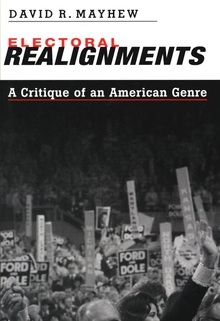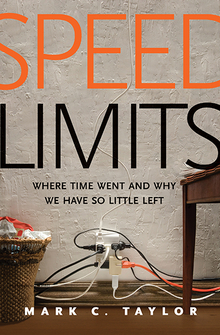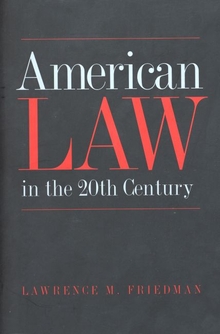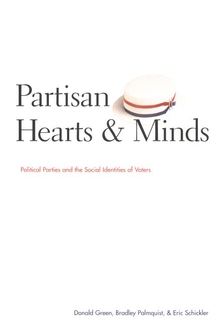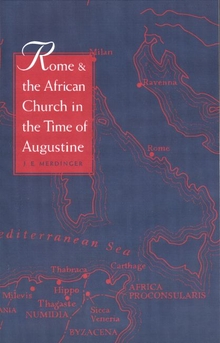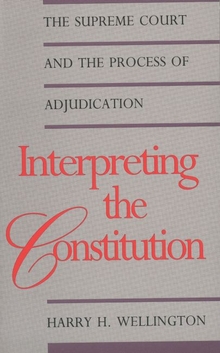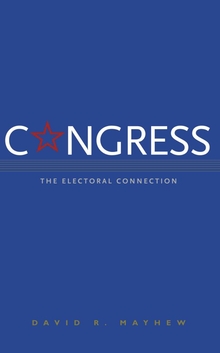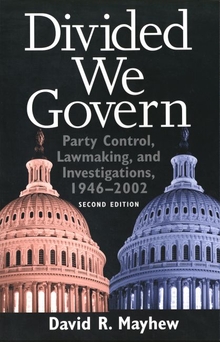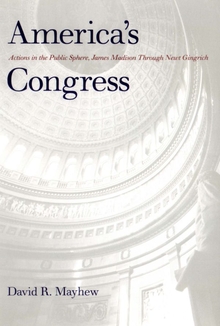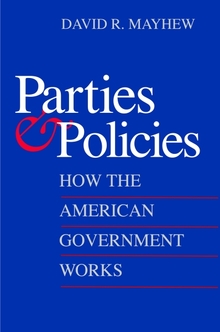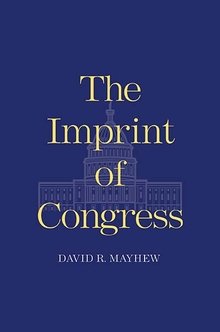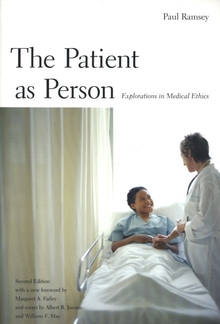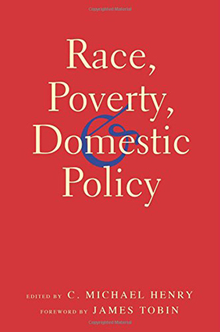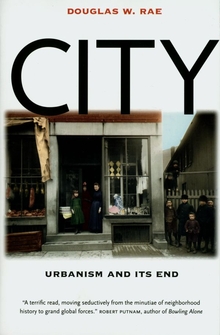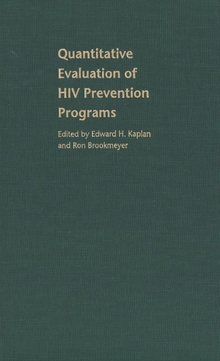Electoral Realignments
WARNING
You are viewing an older version of the Yalebooks website. Please visit out new website with more updated information and a better user experience: https://www.yalebooks.com
A Critique of an American Genre
David R. Mayhew
David Mayhew examines fifteen key empirical claims of realignment theory in detail and shows us why each in turn does not hold up under scrutiny. It is time, he insists, to open the field to new ideas. We might, for example, adopt a more nominalistic, skeptical way of thinking about American elections that highlights contingency, short-term election strategies, and valence issues. Or we might examine such broad topics as bellicosity in early American history, or racial questions in much of our electoral history. But we must move on from an old orthodoxy and failed model of illumination.
“This is a provocative book that challenges reigning orthodoxy. It should be required reading for all serious observers of American politics.”—Darrell M. West, Brown University
“This elegant volume is a profoundly subversive book in an intellectually positive sense, delivering a body blow to a highly influential scholarly literature and preparing the way for more productive inquiry. No student of political parties can ignore it.”—Fred Greenstein, Princeton University
“A masterful scholarly critique; but it is also brimming with constructive insights and intriguing hypotheses about American party politics, policy making, and political development. In short, this is vintage Mayhew.”—Larry M. Bartels, Princeton University
“Brilliantly uniting history with political science, Mayhew poses fundamental challenges to the received wisdom on American democracy. His penetrating critique of the realignment framework clears the way for fresh and exciting inquiry into the history of elections ... [It] must be read by anyone interested in the deep historical roots of contemporary democratic institutions.”—Sidney M. Milkis, University of Virginia
"Mayhew has made a career of writing books that cause other political scientists to slap their foreheads and say ’Of course!’. . . . This book will be an essential part of any discussion about the development of American political parties, and is strongly recommended for upper-division undergraduates and above."—Choice
"[A] lucidly argued and stimulating book."—Alan Ehrenhalt, New Republic
“Mayhew’s new book should be required reading for any serious student of the American electoral process or American political history. This thoughtful, well-written text has done the heavy lifting and cleared the way for a major shift in how students of American political history explain changing party systems. As such, it is a book that should have a major impact on the study of party politics. . . . Mayhew’s analysis . . .would make an excellent text for research methods courses. . . . This excellent book should be read for both its content and its challenge to the realignment genre, and as an example of careful, rigourous scholarship.”—Robert K. Goidel, Perspectives on Political Science
"Mayhew’s work will no doubt spark a spirited debate within a discipline that has long relied on the ideas he so effectively critiques here."—Virginia Quarterly Review
“In Electoral Realignments: A Critique of an American Genre, Mayhew convincingly demonstrates that the geology-inspired classification of American political history into particular eras or party systems, punctuated by tumultuous, “realigning” elections, is fraught with analytical difficulties. Properties that have been held to characterize critical elections are shared by large number of run-of-the-mill elections as well. Some thirty years after the publication of Congress: The Electoral Connection, David Mayhew has written another indispensable little book.”—D. Roderick Kiewiet
Publication Date: October 11, 2004

